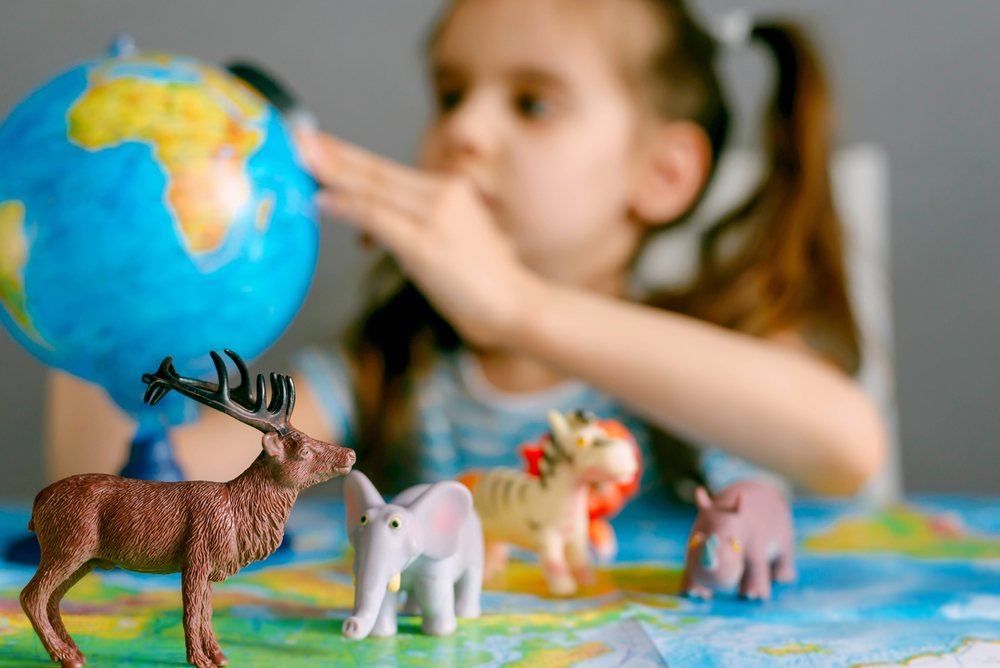Normal Geography Worksheets for Ages 3-7 - Page 2
44 filtered results
-
From - To
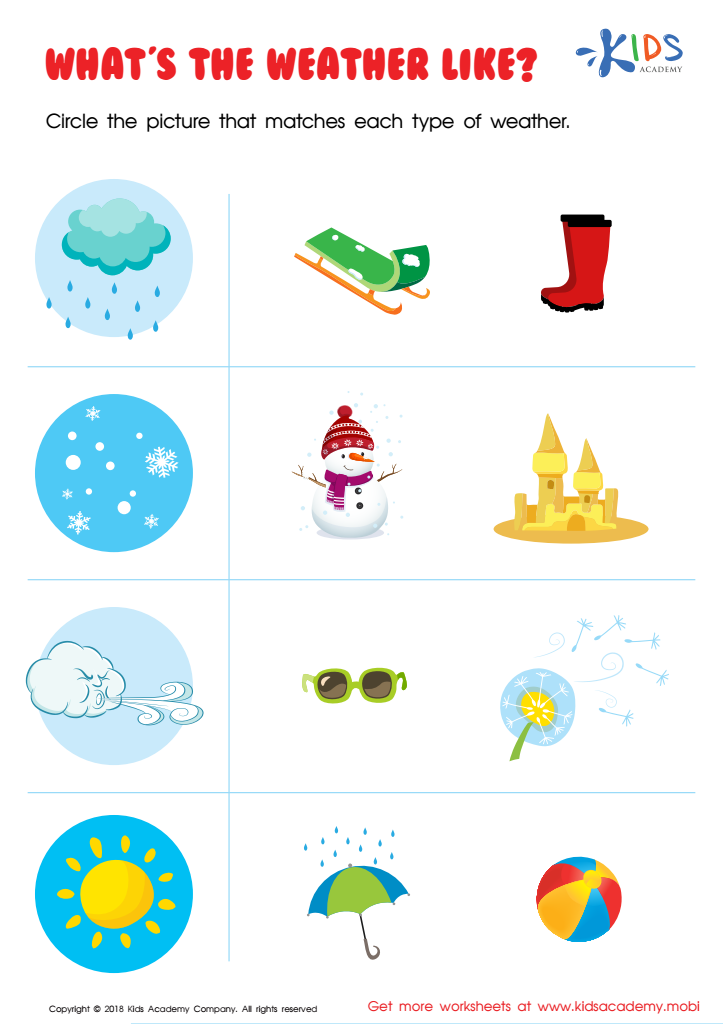

What's the Weather Like? Worksheet
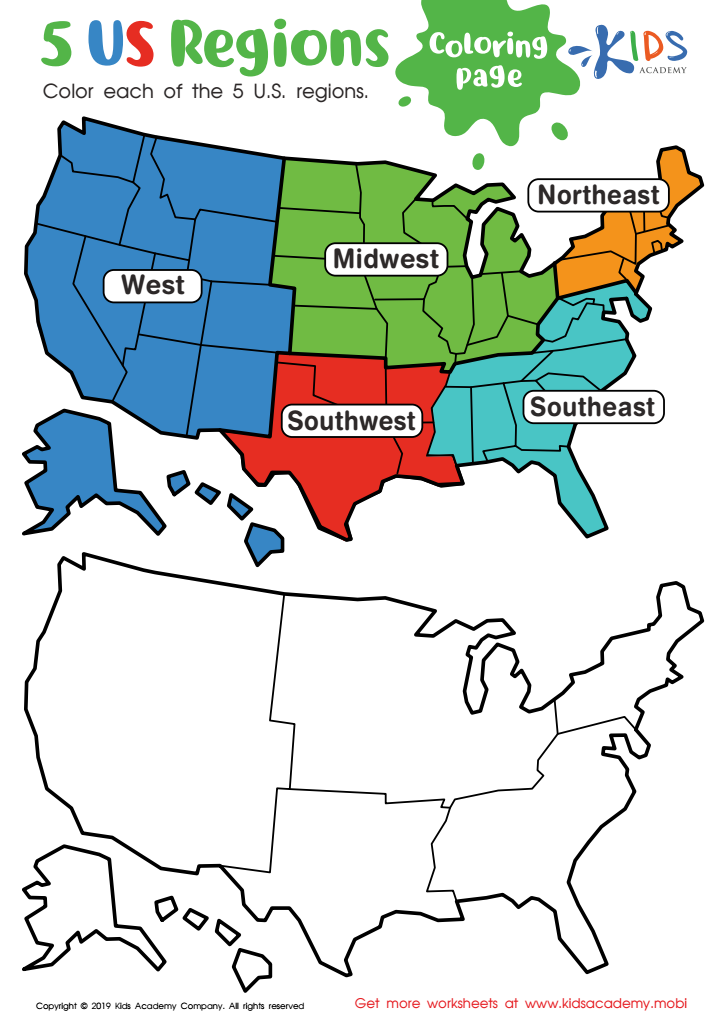

US Regions Coloring Page Worksheet
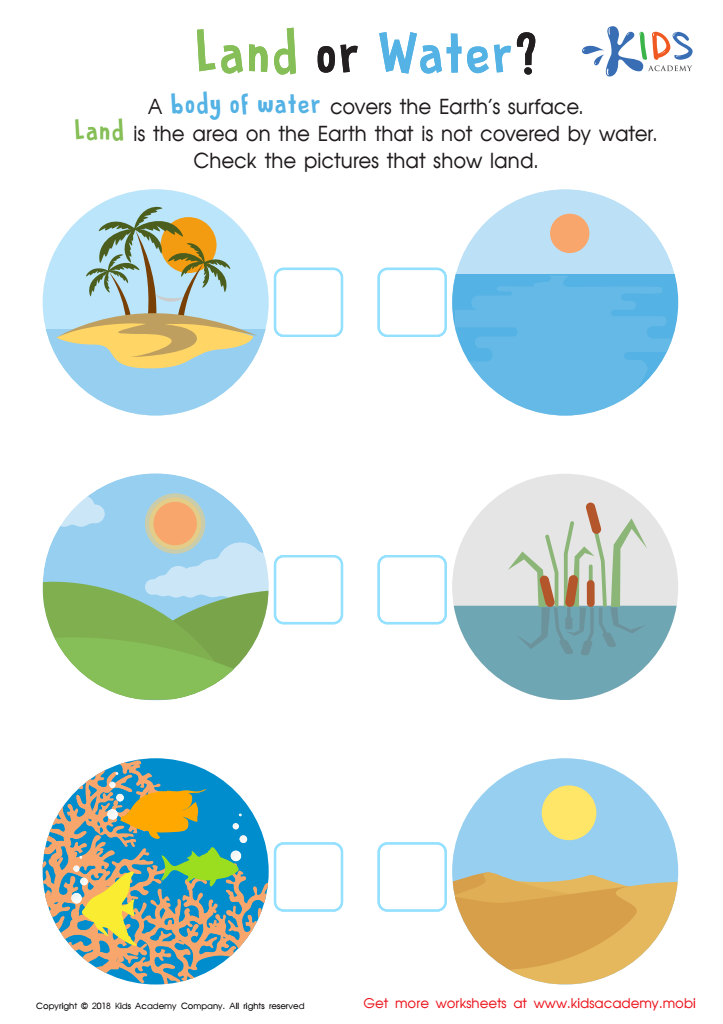

Land or Water Worksheet
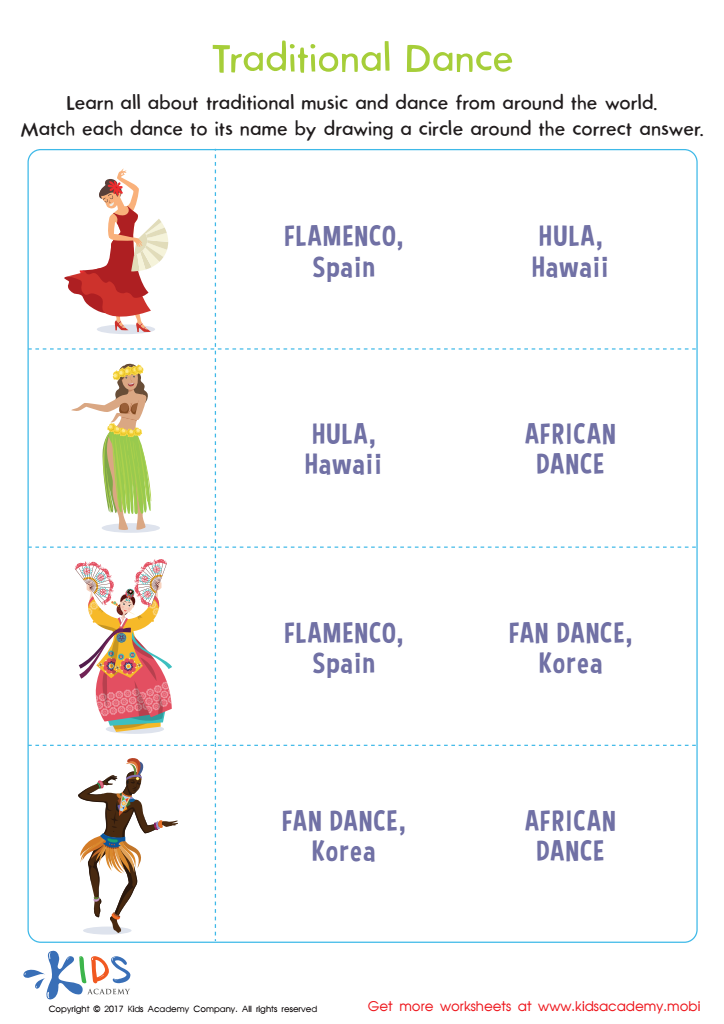

Traditional Dance Printable
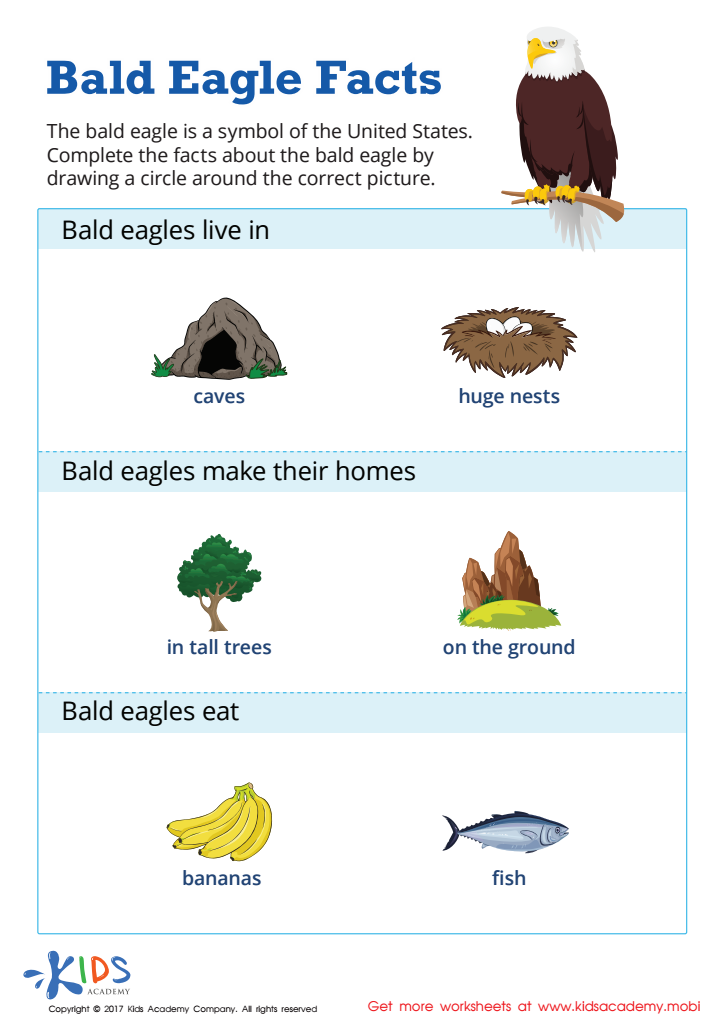

Bald Eagle Facts Worksheet
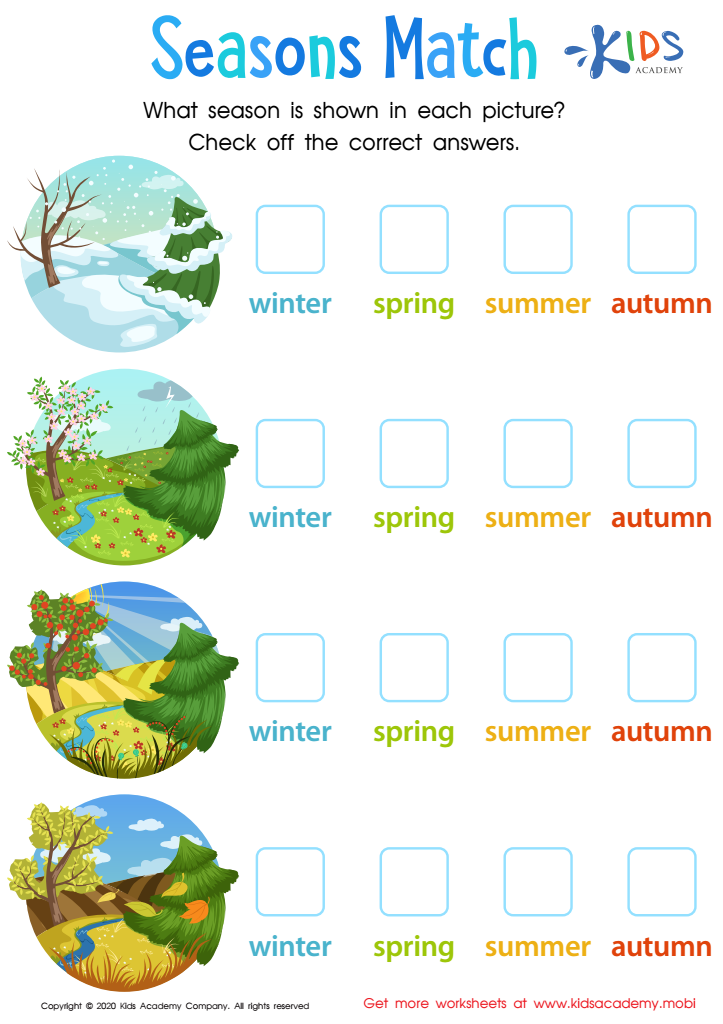

Seasons Match Worksheet
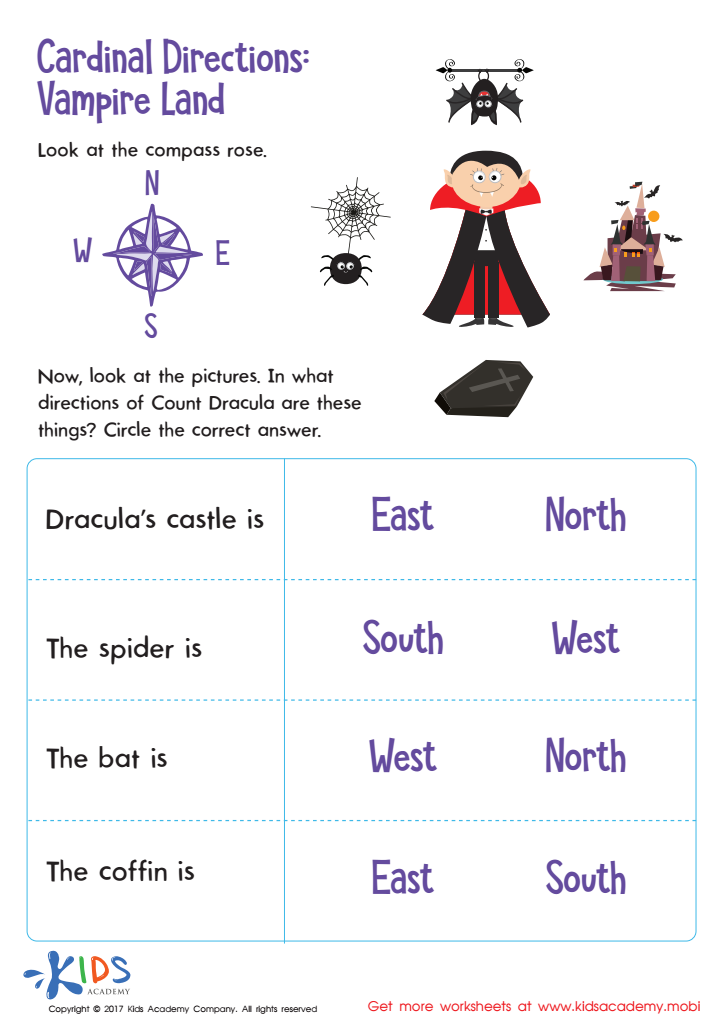

Cardinal Directions Printable
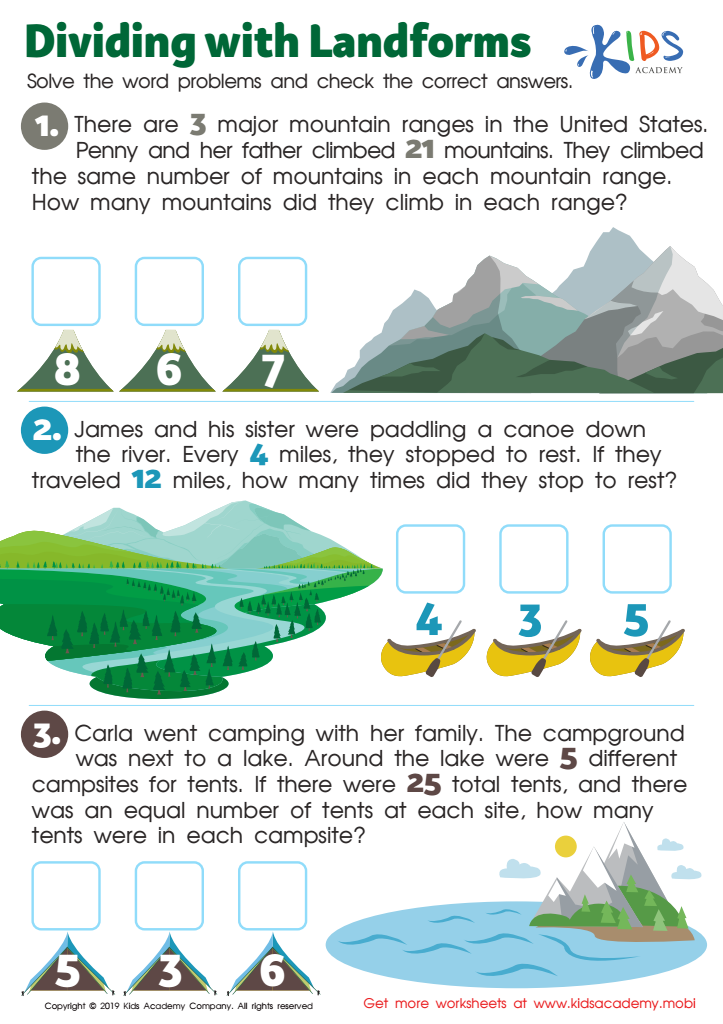

Dividing with Landforms
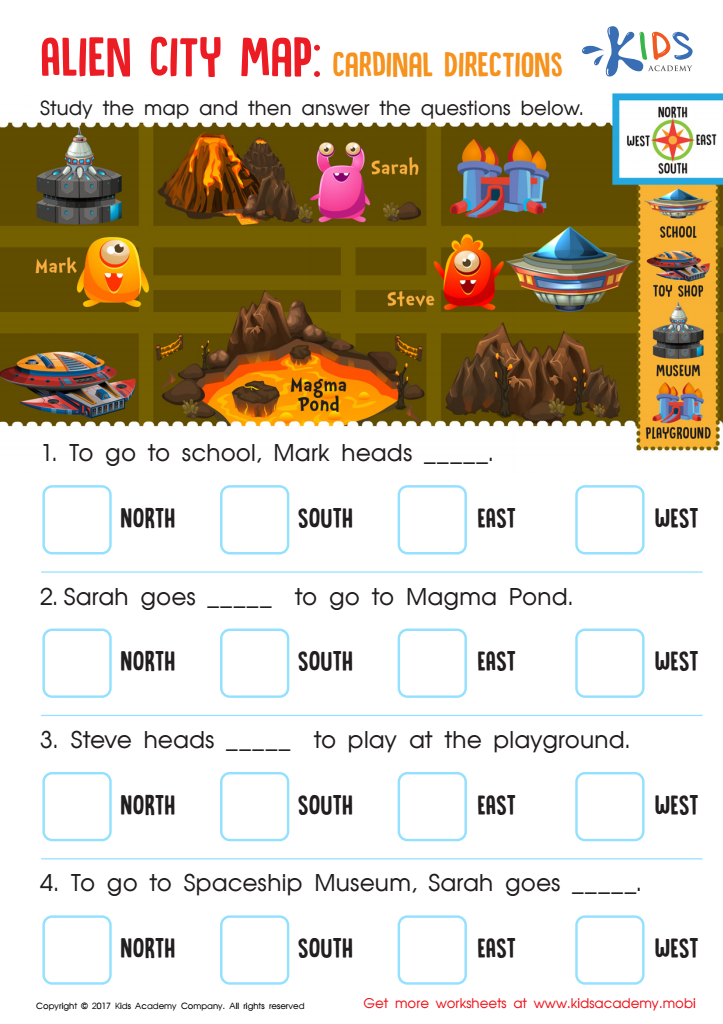

Alien City Map: Cardinal Directions Worksheet
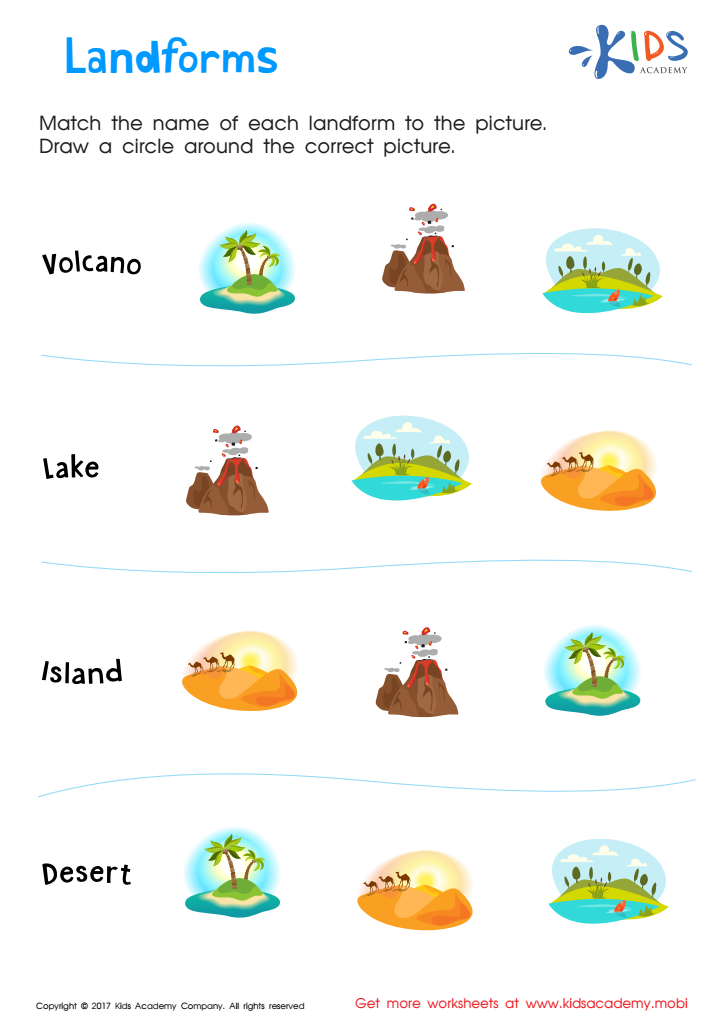

Landforms Printable
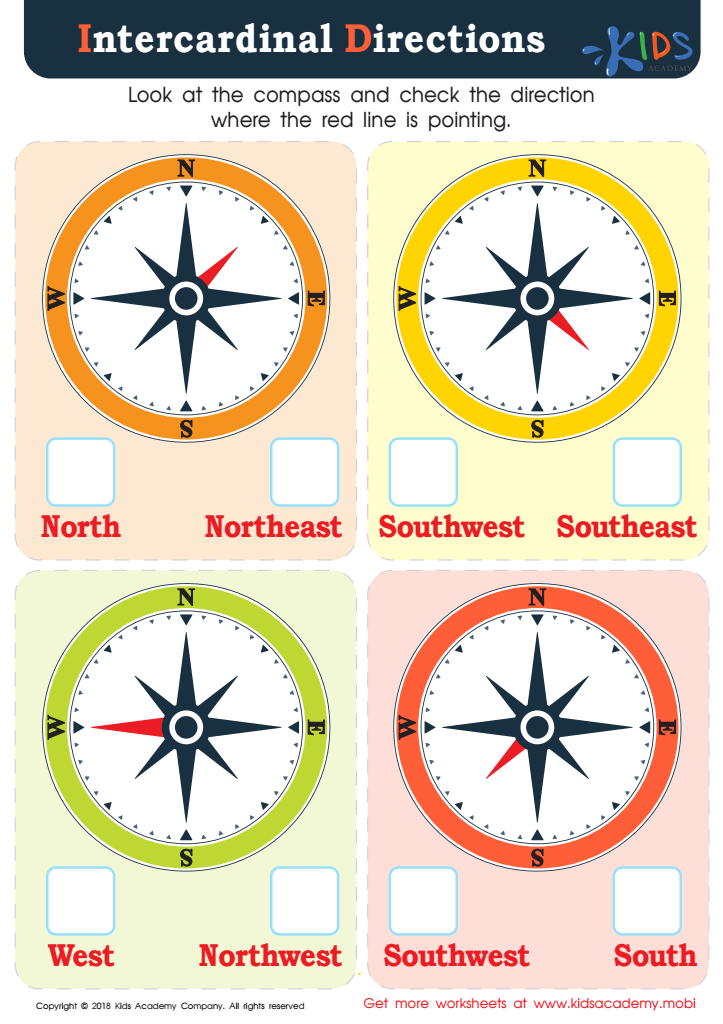

Intercardinal Directions Worksheet
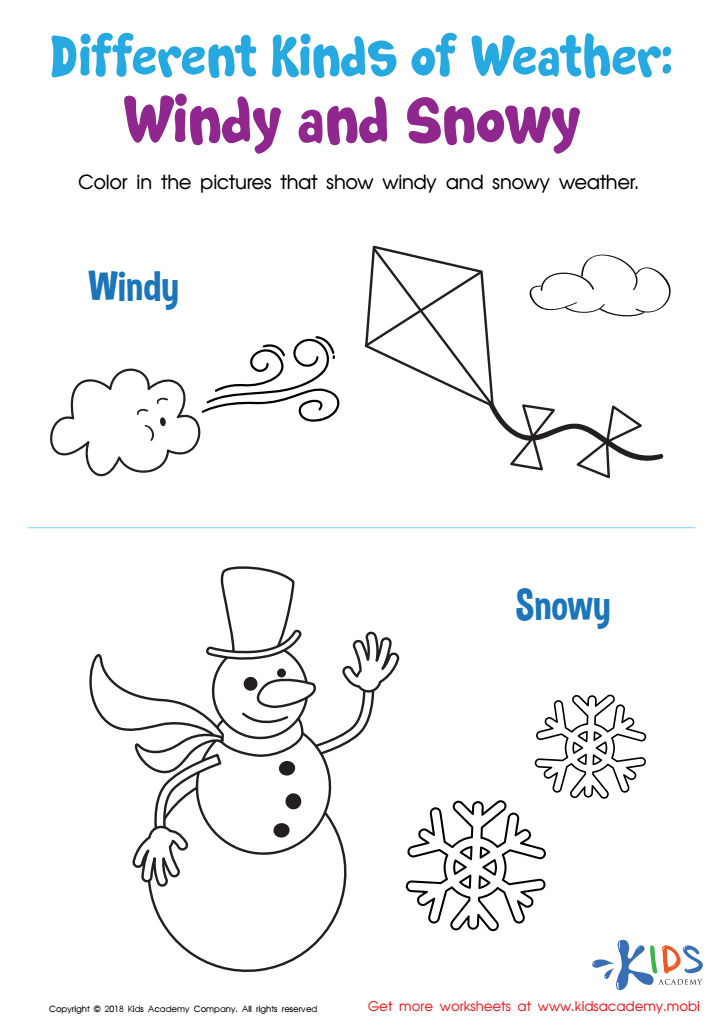

Different Kinds of Weather: Windy and Snowy Worksheet
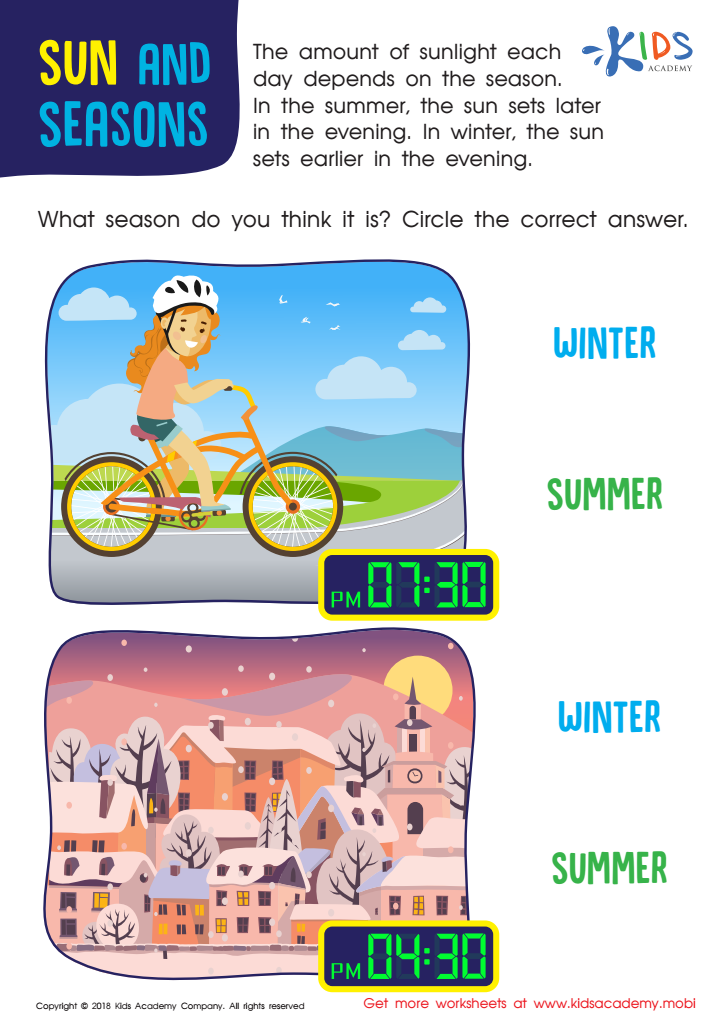

Sun and Seasons Worksheet
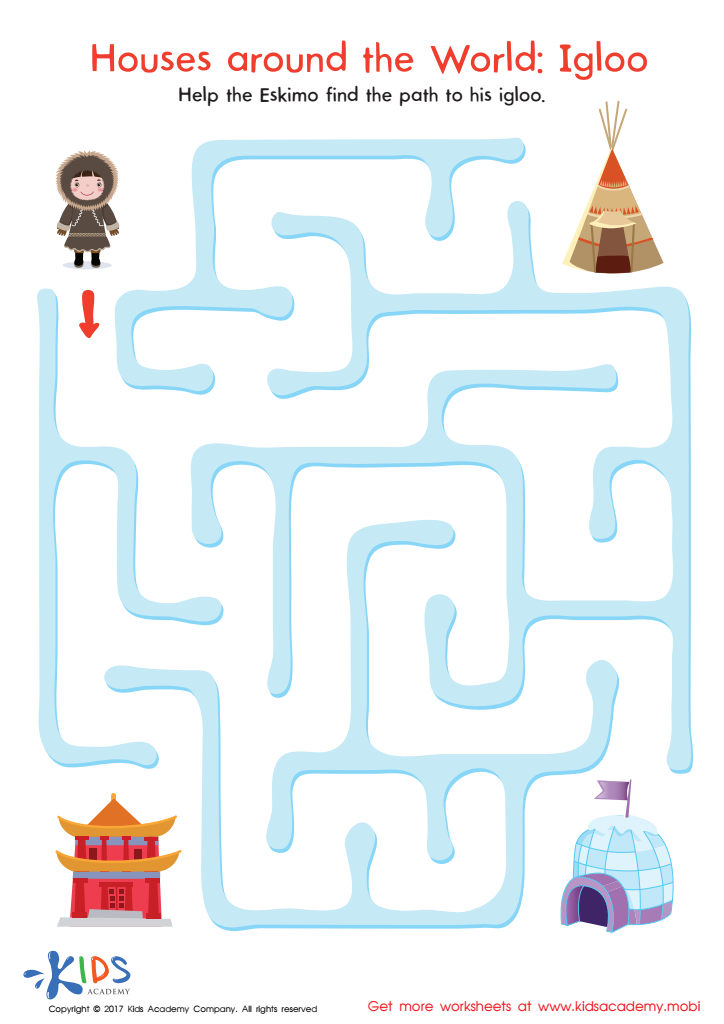

Houses Around the World: Igloo Printable
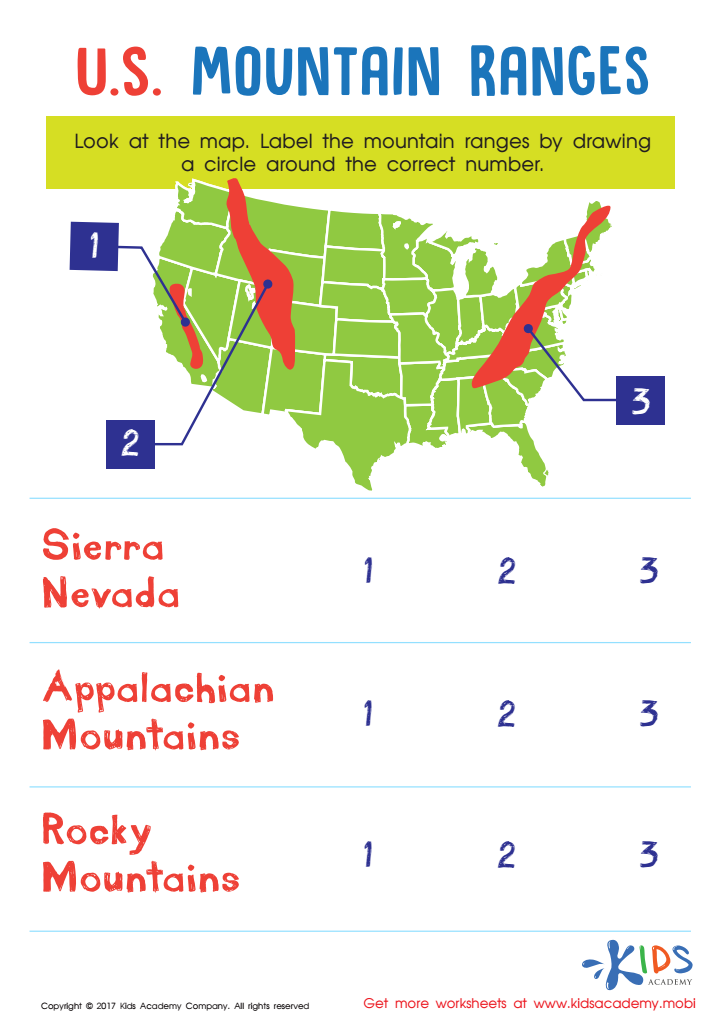

US Mountain Ranges Worksheet
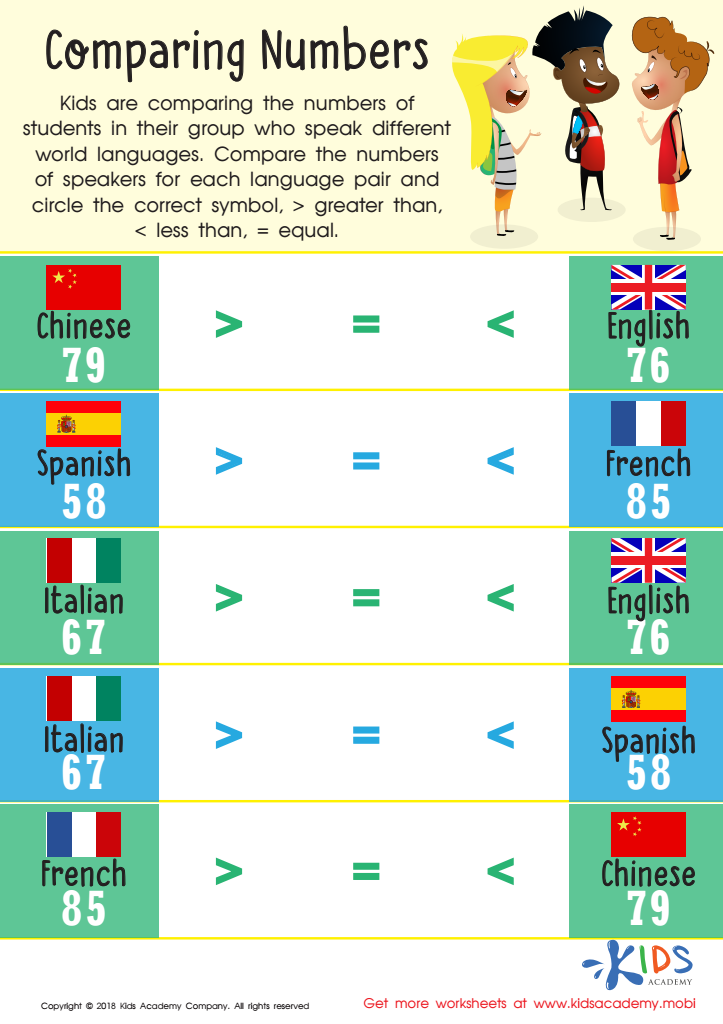

Comparing Numbers Worksheet for 1st Grade
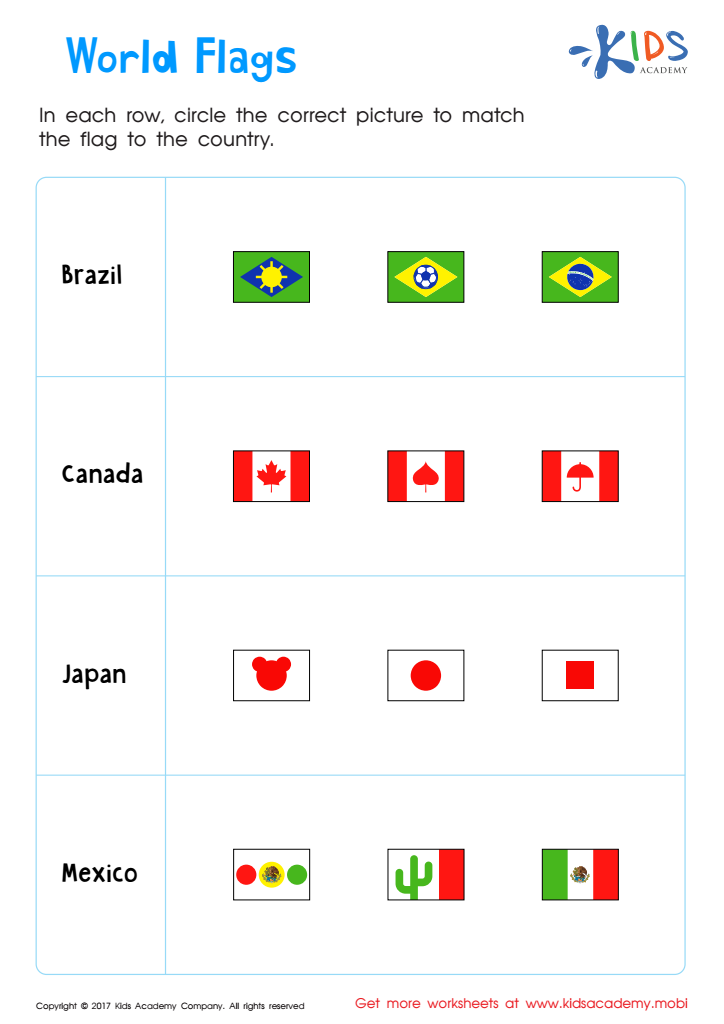

World Flags Printable
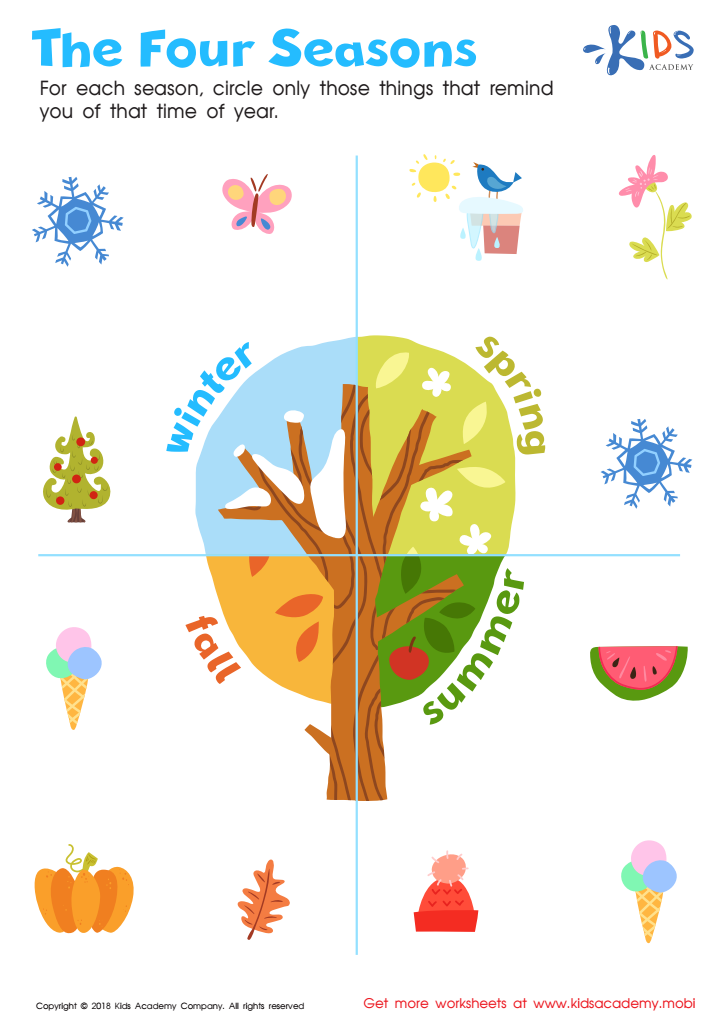

The Four Seasons Worksheet
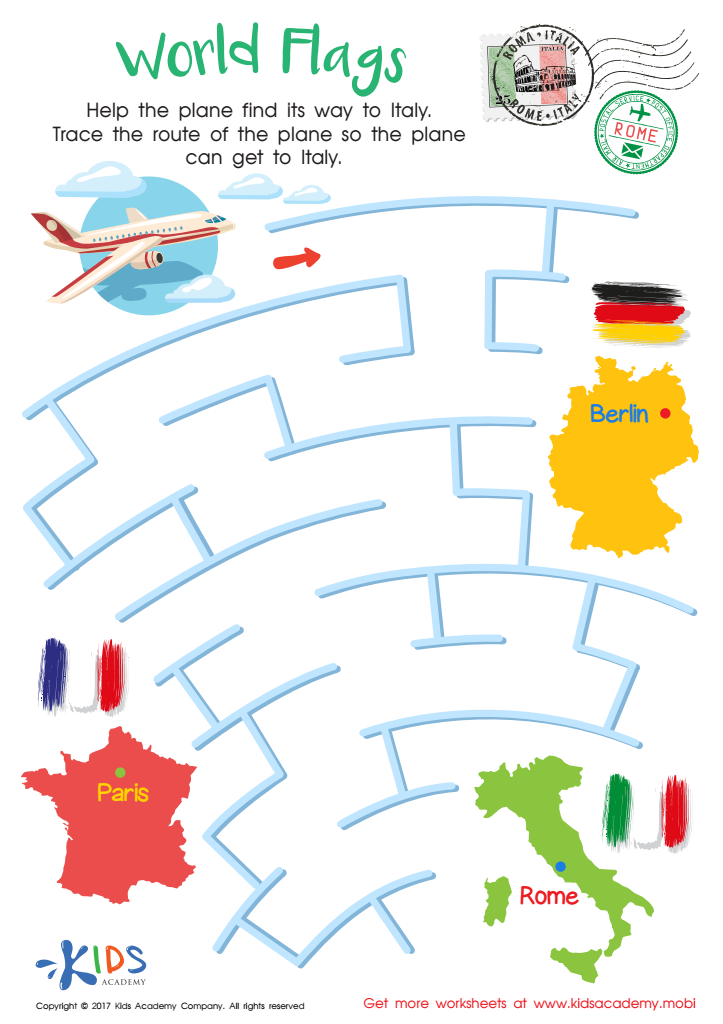

World Flags Maze Worksheet
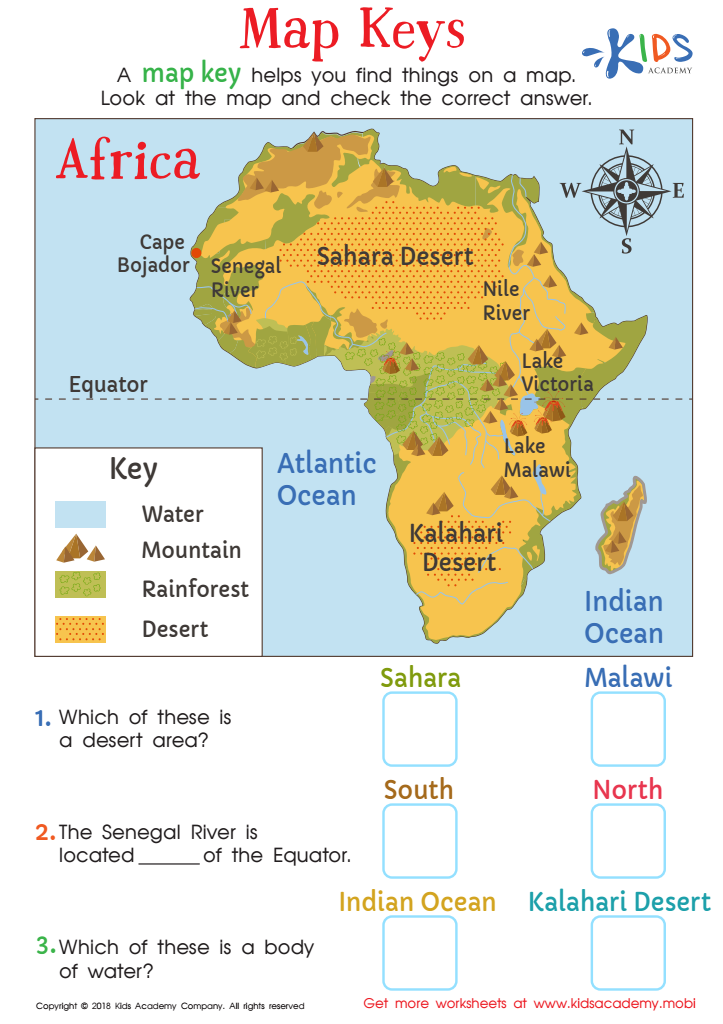

Map Keys Worksheet
Introducing basic geography to children aged 3-7 lays an essential foundation for their cognitive and social development. At this age, children are incredibly curious and absorbent, making it an ideal time to introduce them to the world around them. Learning about basic geography helps them understand their own place in the world and develop a sense of direction and spatial awareness.
Understanding geography can enhance a child's curiosity about different cultures and environments, fostering a sense of empathy and global citizenship from an early age. When children understand that people live differently in various parts of the world, it broadens their perspectives and helps them appreciate diversity.
Moreover, early geography lessons can be integrated with play and hands-on activities, making learning both fun and educational. Simple activities like drawing maps, identifying continents on a globe, or even discussing weather patterns can ignite a child’s interest in science and nature.
Teaching geography early also supports the development of language and cognitive skills. Vocabulary expansion occurs as children learn terms like "continent," "ocean," or "country," and cognitive abilities are sharpened through activities that involve sorting and categorizing different geographical features.
In essence, introducing normal geography at a young age instils a lifelong love of learning, an appreciation for the planet, and a better understanding of our interconnected world.
 Assign to My Students
Assign to My Students






